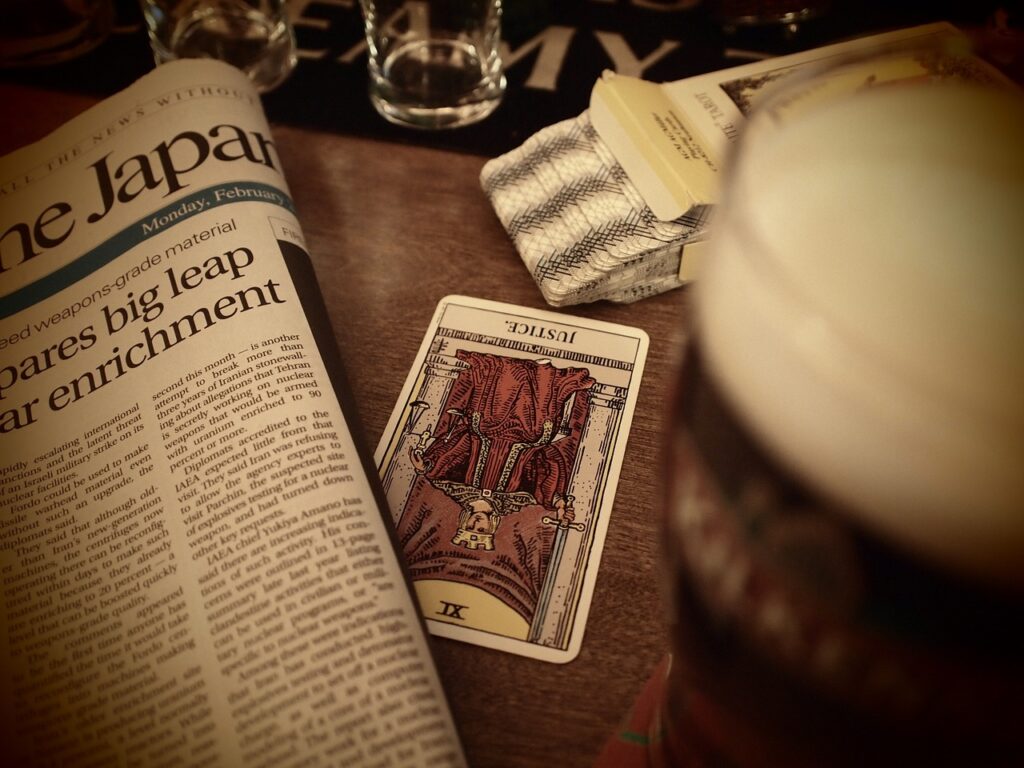Eight major US newspapers, including the Chicago Tribune and the New York Daily News, have taken legal action against OpenAI and Microsoft, alleging copyright infringement and unfair competition. In a lawsuit filed in a New York federal court, the newspapers claim that the tech giants used millions of their articles without permission or compensation to train their AI algorithms, such as ChatGPT and Copilot. The group of newspapers, all owned by Alden Global Capital, asserts that the unauthorized use of their copyrighted content has undermined their business and deprived them of subscription revenue.
The lawsuit highlights the growing tension between traditional news publishers and AI companies as the latter increasingly utilize copyrighted material to develop and commercialize their products. With AI tools like ChatGPT gaining popularity, there are concerns among news organizations about the potential impact on their revenue streams and the future of journalism.
OpenAI and Microsoft are accused of incorporating verbatim excerpts of news articles into their AI systems, effectively competing against the original publishers by offering their content elsewhere without permission. The publishers argue that this practice not only violates copyright law but also undermines the value of their reporting and investments in gathering news.
In response to the lawsuit, OpenAI emphasized its commitment to supporting news organizations and engaging in constructive partnerships. However, the legal challenge underscores the complex relationship between tech companies and media outlets, with disputes over fair compensation for the use of copyrighted content.
The outcome of this lawsuit could have significant implications for the news industry and the development of AI technologies. As AI tools continue to evolve and reshape how information is consumed, it raises questions about the ethical and legal boundaries of using copyrighted material without proper authorization.
Some news organizations have opted to enter partnerships with AI companies, allowing their content to be used in AI algorithms in exchange for compensation. However, others have chosen to pursue legal action, signaling a broader debate about the rights of content creators in the digital age.
The lawsuit filed by the eight newspapers adds to a growing list of legal challenges facing AI companies over copyright issues. With the news industry already grappling with financial pressures and declining readership, the outcome of these lawsuits could have far-reaching implications for the future of journalism and the balance of power between media organizations and tech giants.

